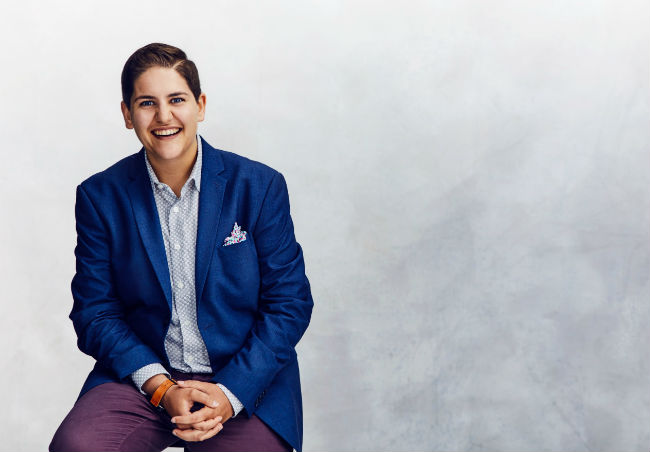Supportive workplace helps Michael transition from Michelle

When she was seven years old, Michelle Cherny remembers playing video games and creating characters whom she’d call Michael. And when asked to picture herself in 20 years, Michelle drew herself as a basketball player for the Toronto Raptors, wearing number eight — as Michael.




